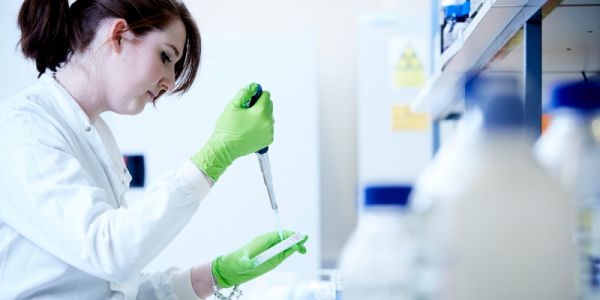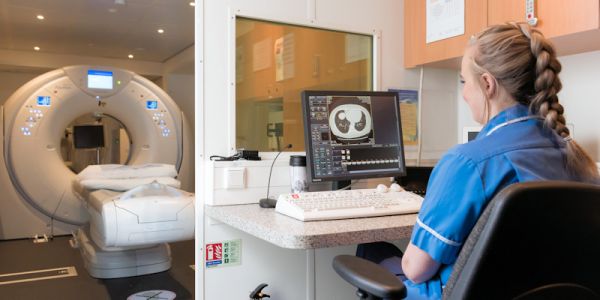
Is our microbiome the key to tackling bowel cancer?
Leeds researchers have been awarded nearly £2.5 million to investigate how billions of microorganisms living in our bodies, called the microbiome, could be manipulated to treat bowel cancer.

Leeds researchers have been awarded nearly £2.5 million to investigate how billions of microorganisms living in our bodies, called the microbiome, could be manipulated to treat bowel cancer.

Scientists have developed a new way to deliver anti-parasitic medicines more efficiently.

UK scientists have found a new way to identify people with the most aggressive types of lymphoma, which are less likely to respond to standard drugs.

Only about a fifth of women at higher risk of developing breast cancer think they need to take a drug proven to help prevent the disease, according to new research.

Newly-developed "nano-tweezers" created by university researchers can for the first time extract single molecules from live cells without destroying them – solving a long-standing research problem.

More than 8,200 women in England and Wales could have survived their heart attacks had they been given the same quality of treatment as men, according to new research.

Both aspirin and a purified omega-3, called EPA, reduce the number of pre-cancerous polyps in patients found to be at high risk of developing bowel cancer, according to new research.

People at high risk of developing lung cancer have the chance to take part in a pioneering new screening trial launched in Leeds.

Leeds researchers have been awarded a £10.1m investment from UK Research and Innovation to expand a digital pathology and artificial intelligence programme across the North of England.

Only a third of European countries have robust reporting on child and adolescent nutrient intakes, new research shows.